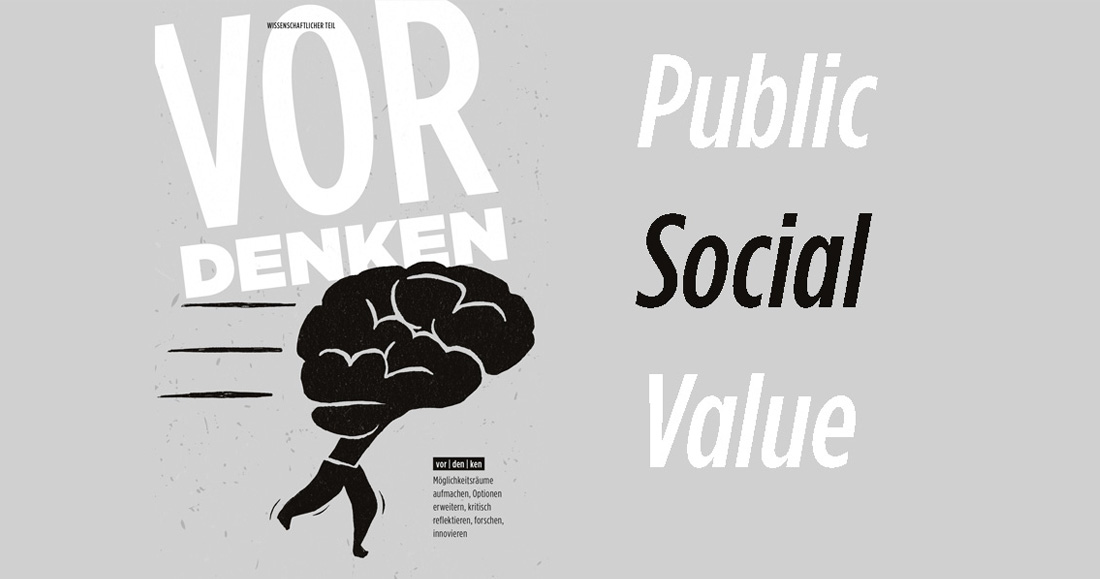While the networked commons has the potential to significantly increase the social value of public investment in broadcasting and cultural institutions for both professional practitioners and audiences, users, and contributors, it raises challenges that go beyond broadcasting and cultural policy.
In the course of using networked resources audiences and users will inevitably leave a digital trail marking what they have accessed and used, what they have posted, and who they have interacted with. In a political context where security agencies are demanding unrestricted access to online footprints, how will a public digital network avoid becoming an adjunct of the surveillance state? This poses particular problems for public service broadcasting organisations. On the one hand, cultivating a culture of inclusive, participatory citizenship is central to their mission. On the other hand, keeping government and state demands at arm’s length has been a permanent site of tension and potential conflict. Against a background of jihadist insurgency, whether it is possible , or desirable, to guarantee that the data generated by users will not be passed on or appropriated is an issue requiring urgent debate.
It is now clear that the world is facing a potential climate catastrophe and that concerted action is needed to avoid temperatures rising above the level that the scientific evidence has set as the ceiling for sustainable living conditions. Broadcasting and the internet are central to strategies for addressing this challenge since in addition to providing spaces for explanation and debate and resources for interaction they rely on infrastructures and machines that consume scare material resources, use up energy in their production and use, and, contribute to problems of disposal and waste. These entanglements are exacerbated by the ubiquity and always-on nature of smart phones and tablets, which for young people are increasingly their major point of access to both broadcast material and the internet. Consequently, any project to develop a networked commons needs to confront the possible environmental impacts of its proposals, and to devise ecologically sustainable policies in all areas of production, access and use, from origination to storage.
In addition to this, there are continuing problems of exclusion. Recent research reveals widening income disparities within European nations and persistent inequalities of access to digital technologies. Unable to afford to go online or to pay the subscription fees required by commercial cable and satellite services, free to air terrestrial television remains for many elderly and poor households their primary point of social and cultural connection beyond their immediate situation. Any project to extend public service provision by developing a digital network needs to address this problem, and look for ways of actively supporting inclusive and equal access. These issues point to an urgent need to join up debates in policy areas that have up until now remained separate. The centrality of digital networks to every aspect of social organisation and personal life requires that any proposal to employ them to construct a digital commons confront and think through wider questions of security, sustainability, and equity.
Opposition to commercial enclosure has woven its way through our history in an unbroken thread, from the medieval peasants that tore down the privately erected fences around land previously held in common, to the crowds in Istanbul protesting proposals to build a shopping mall in the city’s most used public park. Current proposals for a networked commons stand in a direct line of descent from these interventions offering a vital opportunity to rethink the ways we use technologies and reimagine public service broadcasting as the pivots of an inclusive on-air and online commons that guarantees and extends the cultural rights of citizenship for contemporary conditions.
Der Autor Graham Murdock ist Professor für Kultur und Gesellschaft an der Loughborough University in Großbritannien sowie im Institut für Soziologie an der »University of Auckland« tätig.
[Download Studie "Public Social Value"]
[Download Public-Value-Bericht]